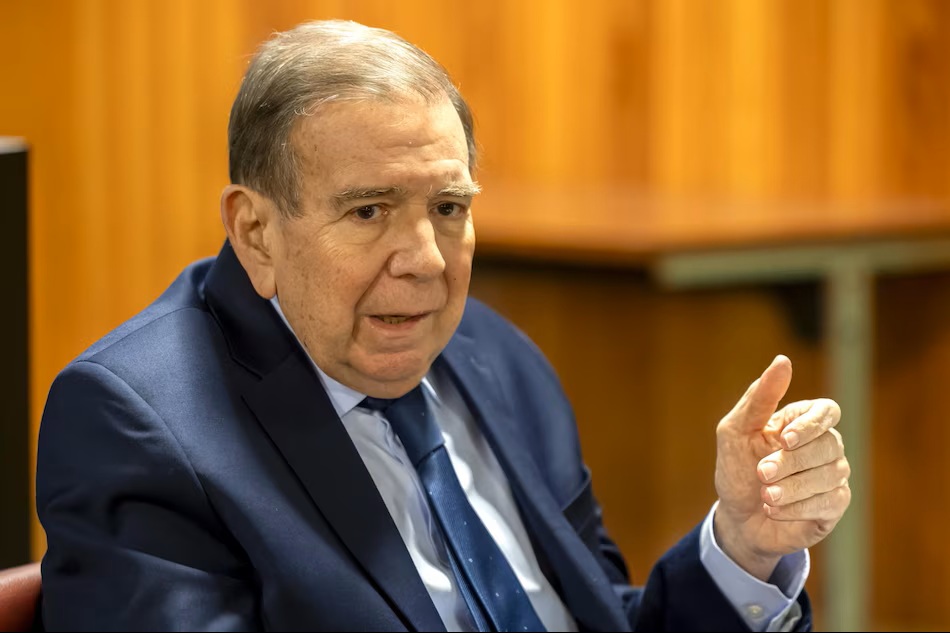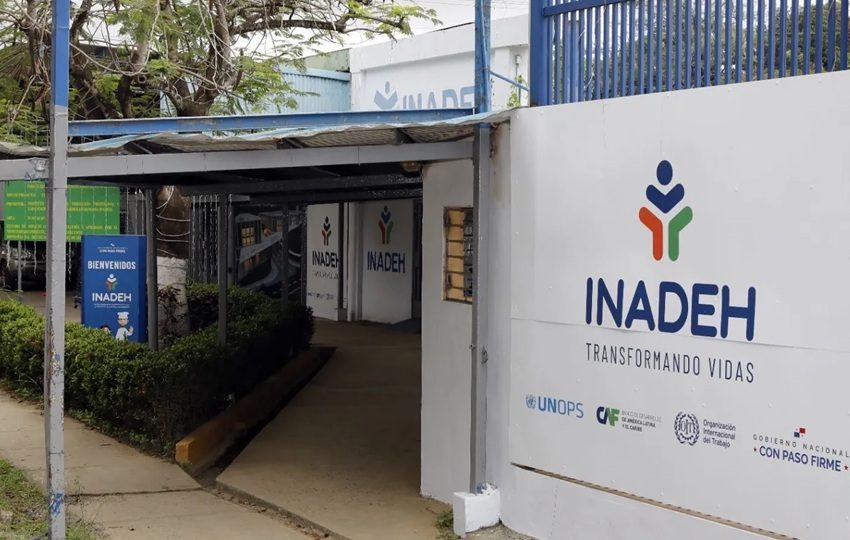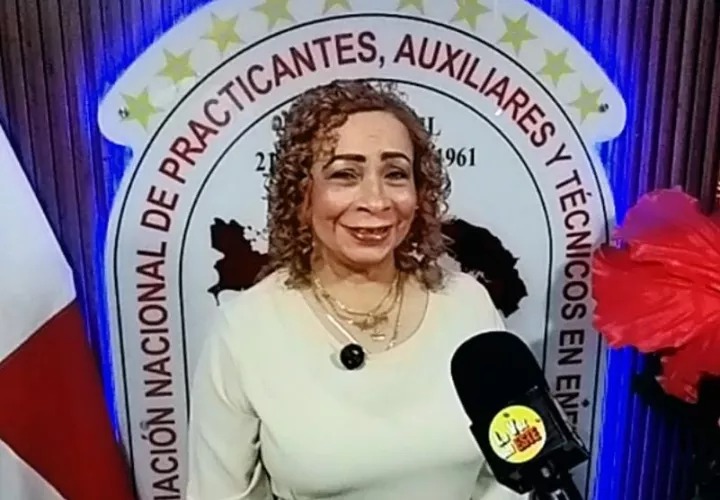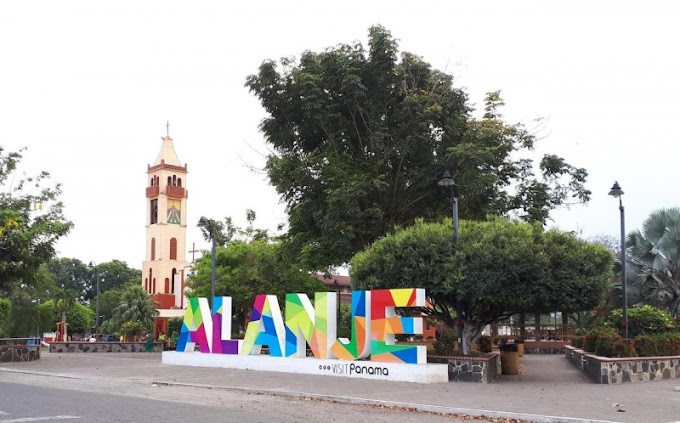Colombian President aims to Negotiate with Mulino
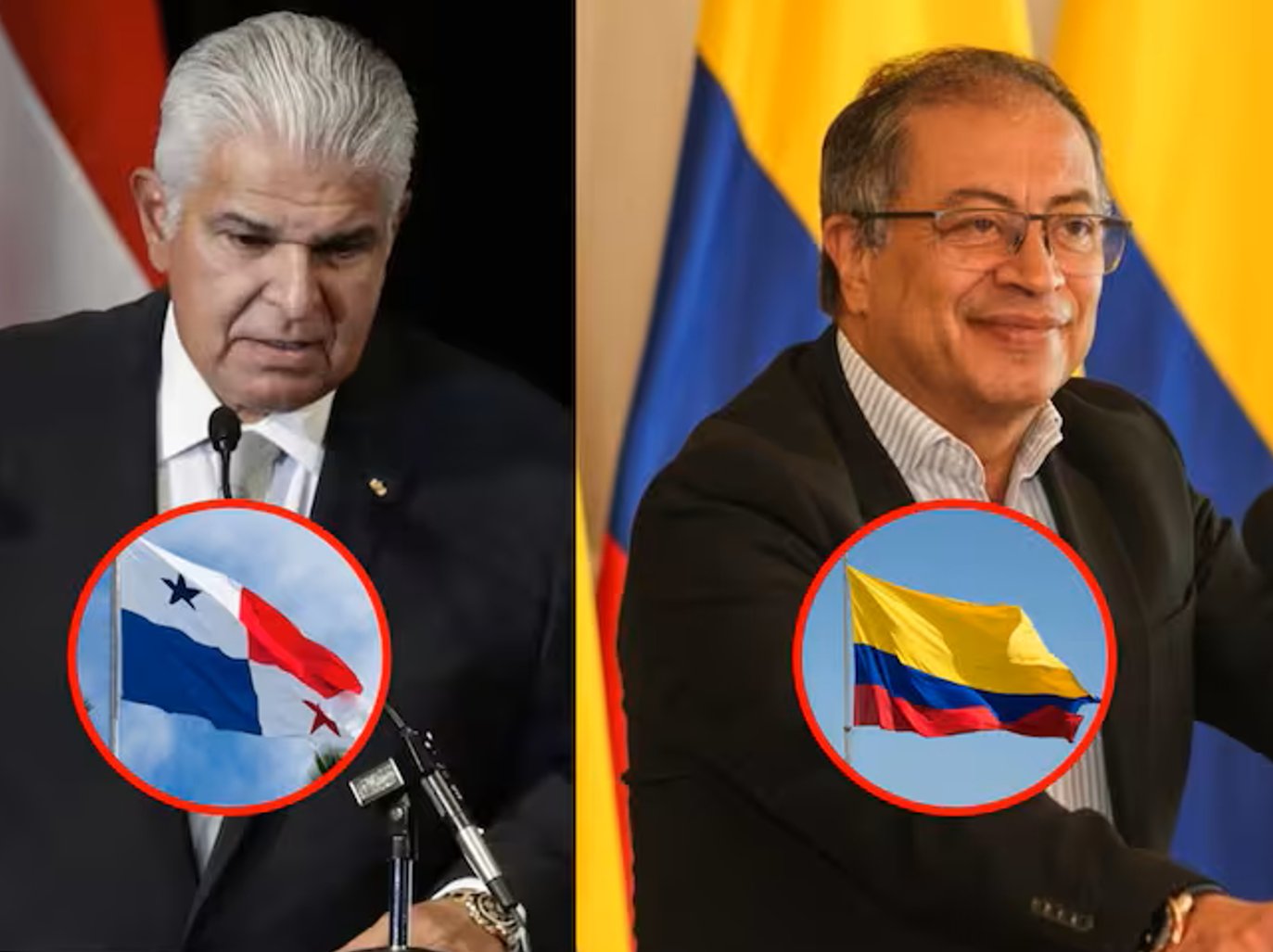
On June 23, 2024, the elected president of Panama, José Raúl Mulino, will receive Colombian president, Gustavo Petro, in the Central American country on a diplomatic visit. During this meeting, one of the main topics will be the growing irregular migration through the Darién jungle, a natural and extremely dangerous border area between both nations. Although the meeting is scheduled to occur on June 23, the Colombian president will attend Mulino’s inauguration on July 1 in Panama.
One of the most controversial points on the agenda is Mulino’s proposal to close the passage of migrants through the Darién jungle. “The intention is to limit border crossings through the jungle to avoid human tragedies,” Mulino said. However, this measure has generated controversy. International experts and analysts consider that this proposal is not only unfeasible, but also “puts at risk the lives of thousands of people who cross this jungle area daily,” according to an analysis published by BBC Mundo. “We are going to close the Darién and we are going to repatriate all these people accordingly, respecting human rights,” Mulino said in mid-April 2024, in the middle of the electoral campaign.
The Darién region has established itself as one of the most complex and dangerous migratory passages in the world. In the first months of 2024, nearly 120,000 people have passed through this inhospitable jungle on their route to the United States, including a considerable number of minors. In 2023, 34 deaths were recorded due to violence and dangers of the jungle. Closing this migration route presents significant challenges. The border between Panama and Colombia spans 266 kilometers, making the idea of completely blocking the crossing through the jungle practically impossible to execute. Some specialists suggest that the most effective measure would be to “open official crossing points that facilitate safe immigration processes and respect human rights,” as mentioned by an immigration rights expert in The New York Times.
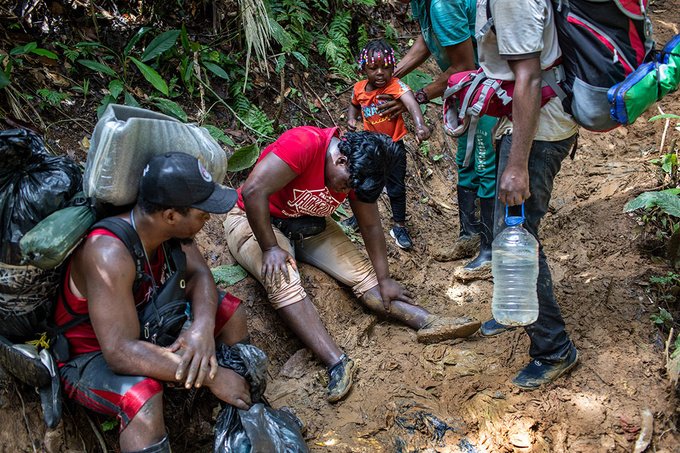
A tired family pauses while crossing the Darien Gap.
The meeting between Mulino and Petro will be a key opportunity to discuss viable alternatives. Mulino has insisted that his plan is to “protect both migrants and local communities affected by irregular transit,” according to statements collected by EFE. However, Gustavo Petro is more focused on addressing the structural causes of migration and finding comprehensive solutions that benefit both nations and migrants. One of the biggest challenges when trying to regulate passage through the Darién jungle is the presence of human traffickers who operate at both ends of the border. “Migrants pay large amounts of money to these smugglers, which further complicates the situation,” a Reuters report highlighted. Discouraging the flow of migrants becomes complicated due to the desperate attempts of these people to seek better opportunities.
Until now, the majority of migrants crossing the Darien come from countries in crisis such as Venezuela, Haiti and various countries in Africa and Asia. The jungle, with its difficult terrain and multiple dangers, remains one of the few options available to them, despite the high risks involved. According to data from The Wall Street Journal, thousands of them face extreme conditions, including attacks by criminal groups and tropical diseases.
As expected, José Raúl Mulino’s proposal to close the Darién passage has generated an intense debate about its viability and the humanitarian and logistical impacts it entails. “The measure seems more like a symbolic gesture than a real solution,” suggested an analyst of immigration issues in La Nación. The long-awaited meeting with Gustavo Petro will offer a space to explore more pragmatic and effective approaches in managing migration between Panama and Colombia.

